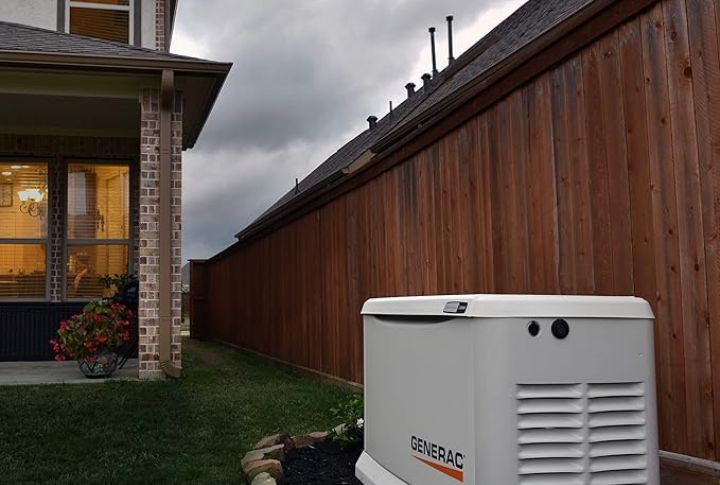
Whole-house generators have become a hot topic for homeowners looking to keep the lights on during power outages. These powerful machines can run your entire home when the grid goes down, but this convenience comes with a hefty price tag. Let’s break down the costs and benefits to help you decide if a whole-house generator is right for your home.
What is a Whole-House Generator?
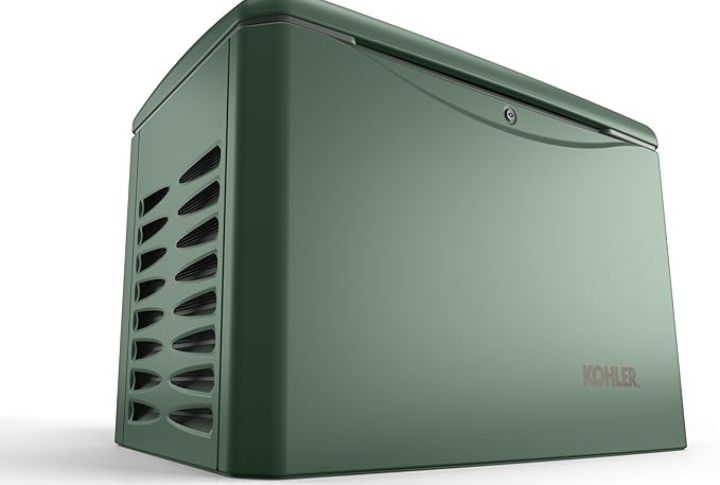
Whenever your main power supply fails, a whole-house generator automatically kicks in to provide backup power. It’s wired directly into your home’s electrical panel and can run essential appliances like your fridge, AC, and lights. Unlike portable generators, these units are permanently installed outside your home and run on natural gas or propane.
Upfront Costs

The price of a whole-house generator can range from $5,000 to $25,000 for the unit alone. But that’s not the whole story. Installation costs typically add some extra money to the bill. Also, you need to consider factors like the size of your home, the generator’s capacity, and local labor rates.
Fuel Costs
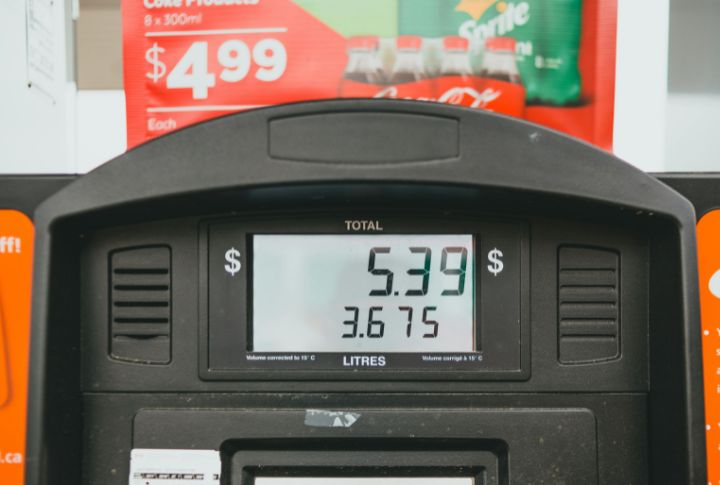
Running a whole-house generator isn’t free. Natural gas models are usually cheaper to operate, and they cost about $30 to $70 per day during an outage. Propane generators cost more, roughly $40 to $100 daily. Your actual costs will depend on local fuel prices and how much power you’re using.
Maintenance Expenses

Like any machine, generators need regular upkeep to stay in top shape. Expect to spend $200 to $500 per year on maintenance. This includes oil changes, filter replacements, and general inspections. Some homeowners opt for service contracts, which can cost $200 to $400 annually but cover routine maintenance and some repairs.
Lifespan and Replacement
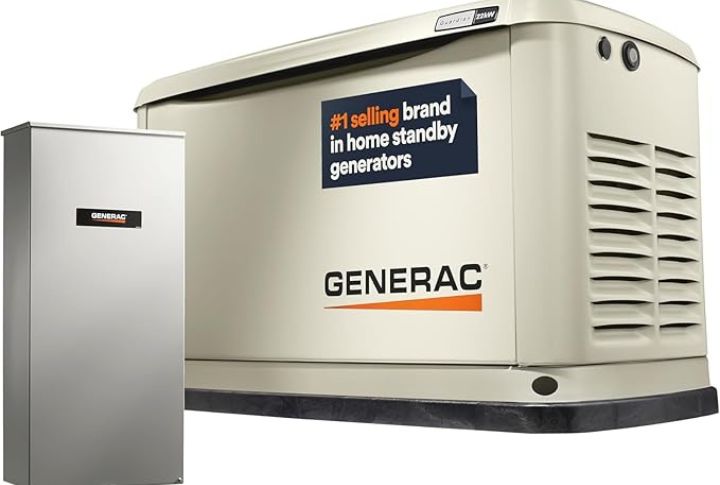
A well-maintained whole-house generator can last 15 to 20 years. However, if you live in an area with frequent power outages, you might need to replace it sooner. Factor in the potential cost of replacement when considering the long-term investment. It’s smart to start saving for a new unit about halfway through your current generator’s expected lifespan.
Impact on Home Value
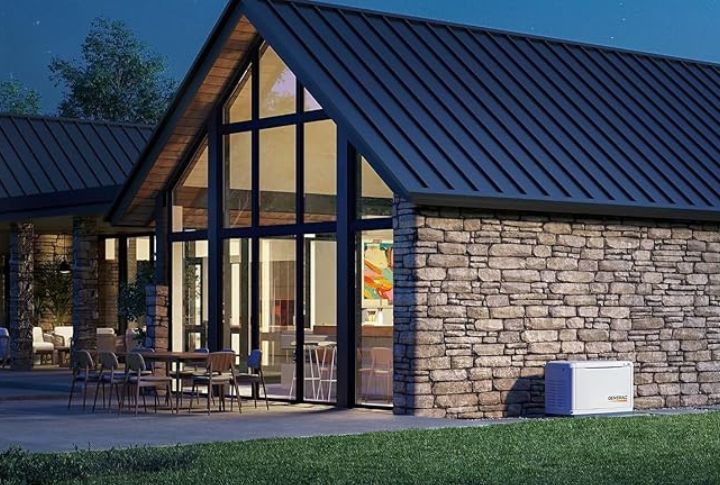
Installing a whole-house generator can boost your home’s value. Some estimates suggest it can increase the sale price by 3-5%. This bump can help offset the initial cost. Plus, it’s a selling point for buyers in areas prone to power outages. Just remember, the added value might not fully cover your investment.
Insurance Considerations

Having a whole-house generator might lower your home insurance premiums. Some insurers offer discounts because generators reduce the risk of damage from power outages. However, you might need to increase your coverage to protect the generator itself. Also, make sure to speak with your insurance agent to understand how a generator could affect your policy and costs.
Energy Efficiency
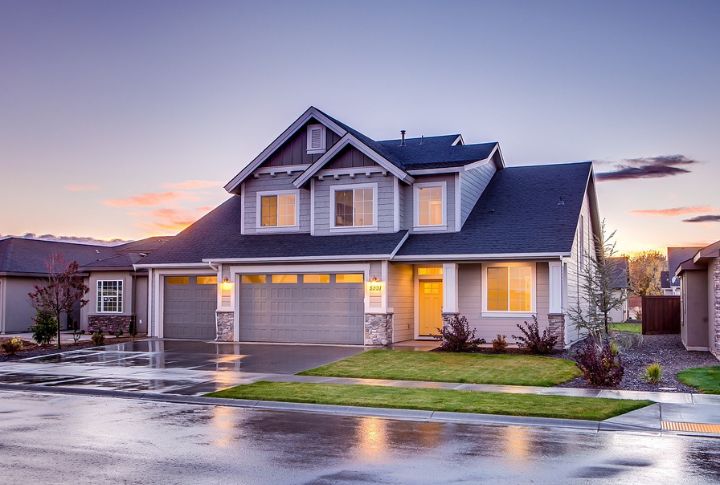
Modern whole-house generators are more efficient than older models. So, when purchasing, look for units with high fuel efficiency ratings to keep operating costs down. Many of the newer generator models can adjust their output based on your home’s needs, which saves fuel. This can also help you cut down costs throughout your generator’s lifespan.
Permit and Zoning Costs

Don’t forget about permits and zoning requirements. These can add $50 to $500 to your project cost. People have realized that certain areas have strict rules about generator placement. In others, you might need to build a sound barrier or place the unit farther from the property lines. Put into consideration these potential extra costs into your budget.
Alternatives to Consider
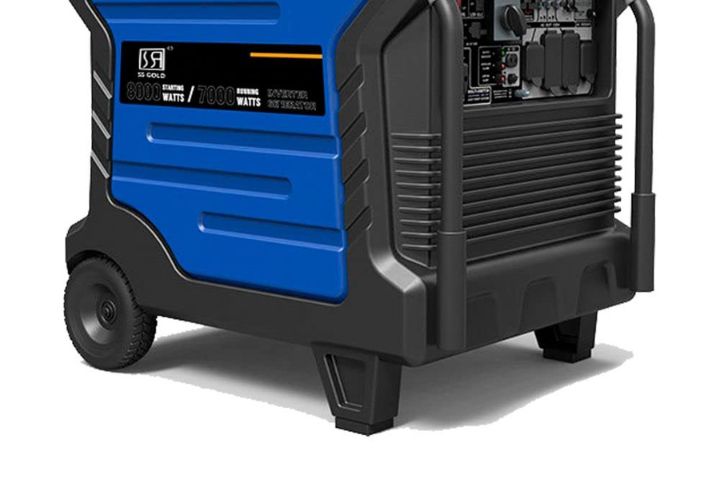
Before committing to a whole-house generator, think about alternatives. Portable generators cost less upfront but require more effort to use. Solar panels with battery backup offer clean energy but come with a high initial cost. Weighing these options against your specific needs can help you make the best choice for your home and wallet.
Frequency of Power Outages
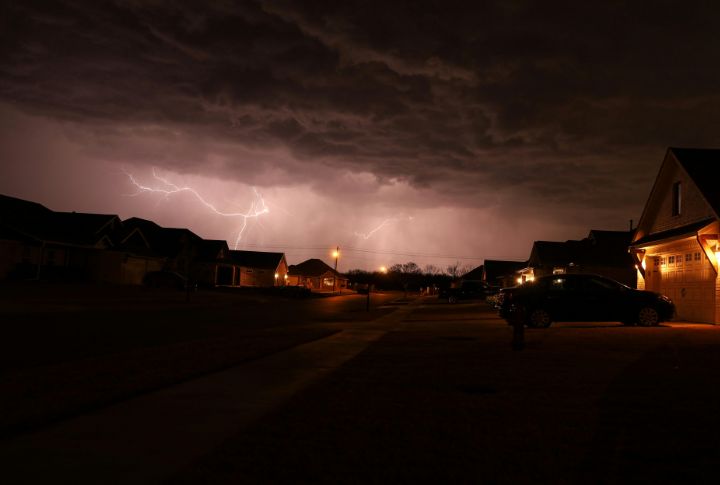
How often does your area lose power? If outages are rare, a whole-house generator might be totally unnecessary. But if blackouts are common, the investment could pay off in comfort and peace of mind. Keep a log of power outages for a year to help you decide if the cost is justified for your situation.
Size Matters
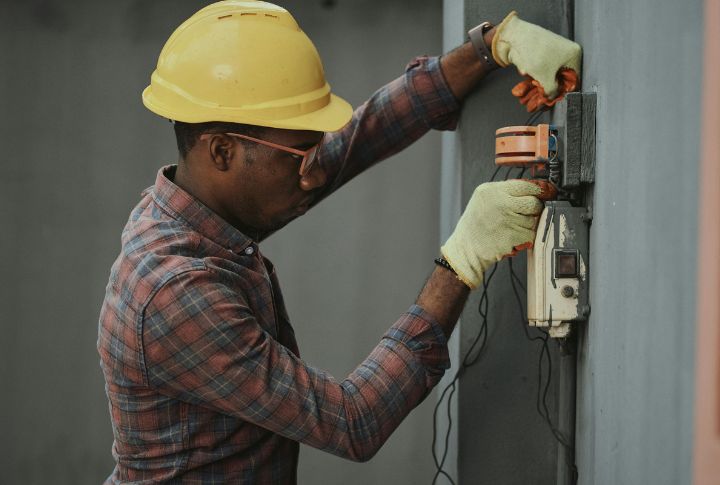
Choosing the right size generator is vital because an undersized unit won’t power everything you need, while an oversized one wastes money. Most homes need a 14-22 kilowatt generator. For a better assessment, have an electrician assess your power needs to ensure you get the right size.
Installation Complexity
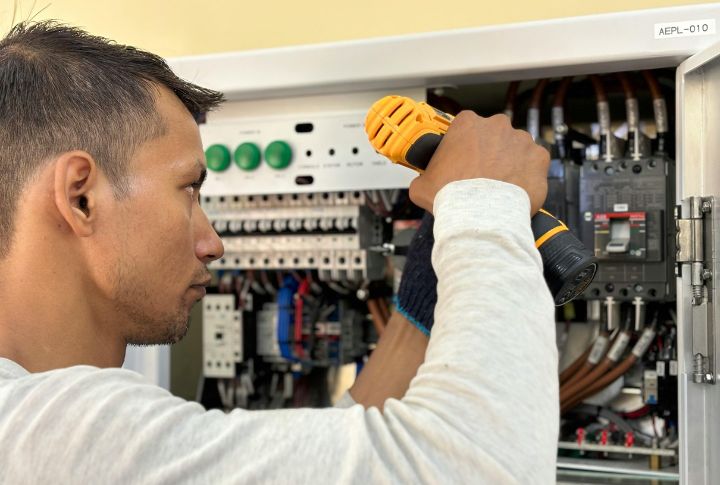
The ease of installation can greatly affect your total cost. Homes with easy access to natural gas lines and straightforward electrical systems will cost less to install. But, if your home needs extensive electrical upgrades or a long gas line run the costs can get pretty high. Also, get as many quotes from multiple installers.
Resale Value of Generators

Unlike many home improvements, generators retain some resale value. If you move, you might be able to take it with you or sell it to the new homeowners. Used generators in good condition can get you 50-75% of their original price. This potential return can make the initial investment easier to swallow.
The Bottom Line

Deciding on a whole-house generator boils down to your specific situation. Weigh the costs against the benefits of comfort and security during outages. Consider your area’s power reliability and your budget. If frequent blackouts disrupt your life, a generator might be worth it. Ultimately, it’s about how much you’re willing to pay for it.

